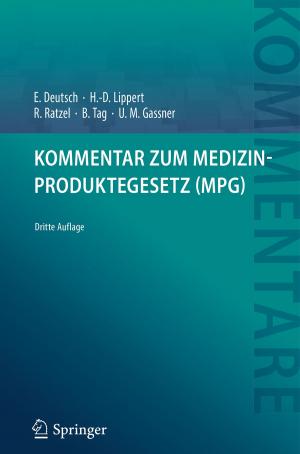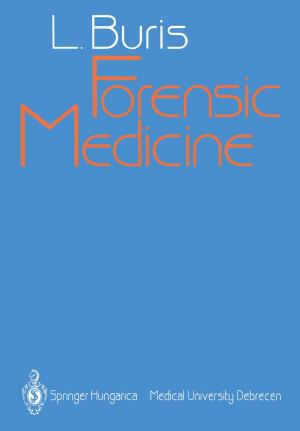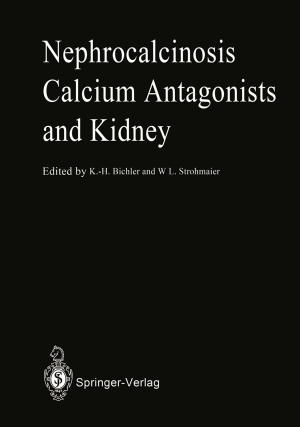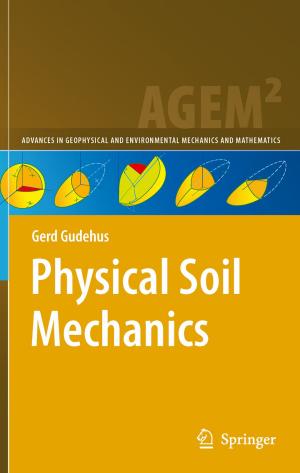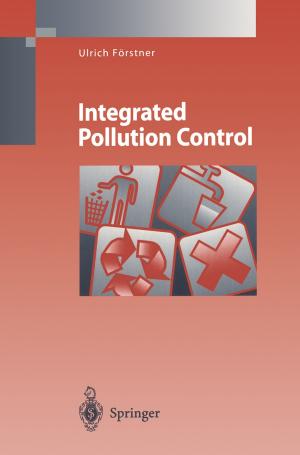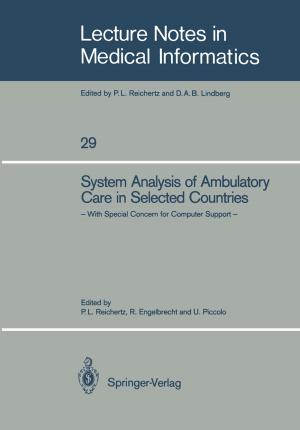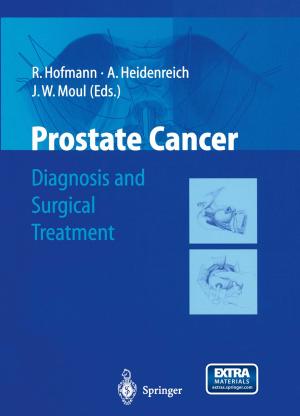Muscle Pain: Understanding the Mechanisms
Nonfiction, Health & Well Being, Medical, Medical Science, Physiology, Specialties, Internal Medicine, Neuroscience, Science & Nature, Science| Author: | ISBN: | 9783540850212 | |
| Publisher: | Springer Berlin Heidelberg | Publication: | June 21, 2010 |
| Imprint: | Springer | Language: | English |
| Author: | |
| ISBN: | 9783540850212 |
| Publisher: | Springer Berlin Heidelberg |
| Publication: | June 21, 2010 |
| Imprint: | Springer |
| Language: | English |
This edition of the companion volumes Muscle Pain: Understanding the Mech- isms and Muscle Pain: Diagnosis and Treatment is essential reading for those interested in clinical approaches to acute and chronic pain conditions involving muscle tissues and in the mechanisms underlying these conditions. The volumes cover a very important topic in pain medicine, since muscle pain is very common and can often be dif?cult to diagnose and treat effectively. Furthermore, chronic pain involving muscle and other components of the musculoskeletal system increases with age, such that it is a common complaint of those of us who are middle-aged or older. Indeed, as changing population demographics in “west- nized” countries result in higher proportions of the population living longer and being middle-aged and elderly, chronic muscle pain will likely become even more of a health problem. In the case of acute muscle pain, this can often be very intense, and in the short term can limit or modify the use of components of the musculoskeletal system associated with the sensitive muscle. Chronic muscle pain can also be intense, as well as unpleasant and disabling, and it is in many cases the over-riding symptom of most musculoskeletal disorders that are associated with long-term deleterious changes in musculoskeletal function.
This edition of the companion volumes Muscle Pain: Understanding the Mech- isms and Muscle Pain: Diagnosis and Treatment is essential reading for those interested in clinical approaches to acute and chronic pain conditions involving muscle tissues and in the mechanisms underlying these conditions. The volumes cover a very important topic in pain medicine, since muscle pain is very common and can often be dif?cult to diagnose and treat effectively. Furthermore, chronic pain involving muscle and other components of the musculoskeletal system increases with age, such that it is a common complaint of those of us who are middle-aged or older. Indeed, as changing population demographics in “west- nized” countries result in higher proportions of the population living longer and being middle-aged and elderly, chronic muscle pain will likely become even more of a health problem. In the case of acute muscle pain, this can often be very intense, and in the short term can limit or modify the use of components of the musculoskeletal system associated with the sensitive muscle. Chronic muscle pain can also be intense, as well as unpleasant and disabling, and it is in many cases the over-riding symptom of most musculoskeletal disorders that are associated with long-term deleterious changes in musculoskeletal function.

